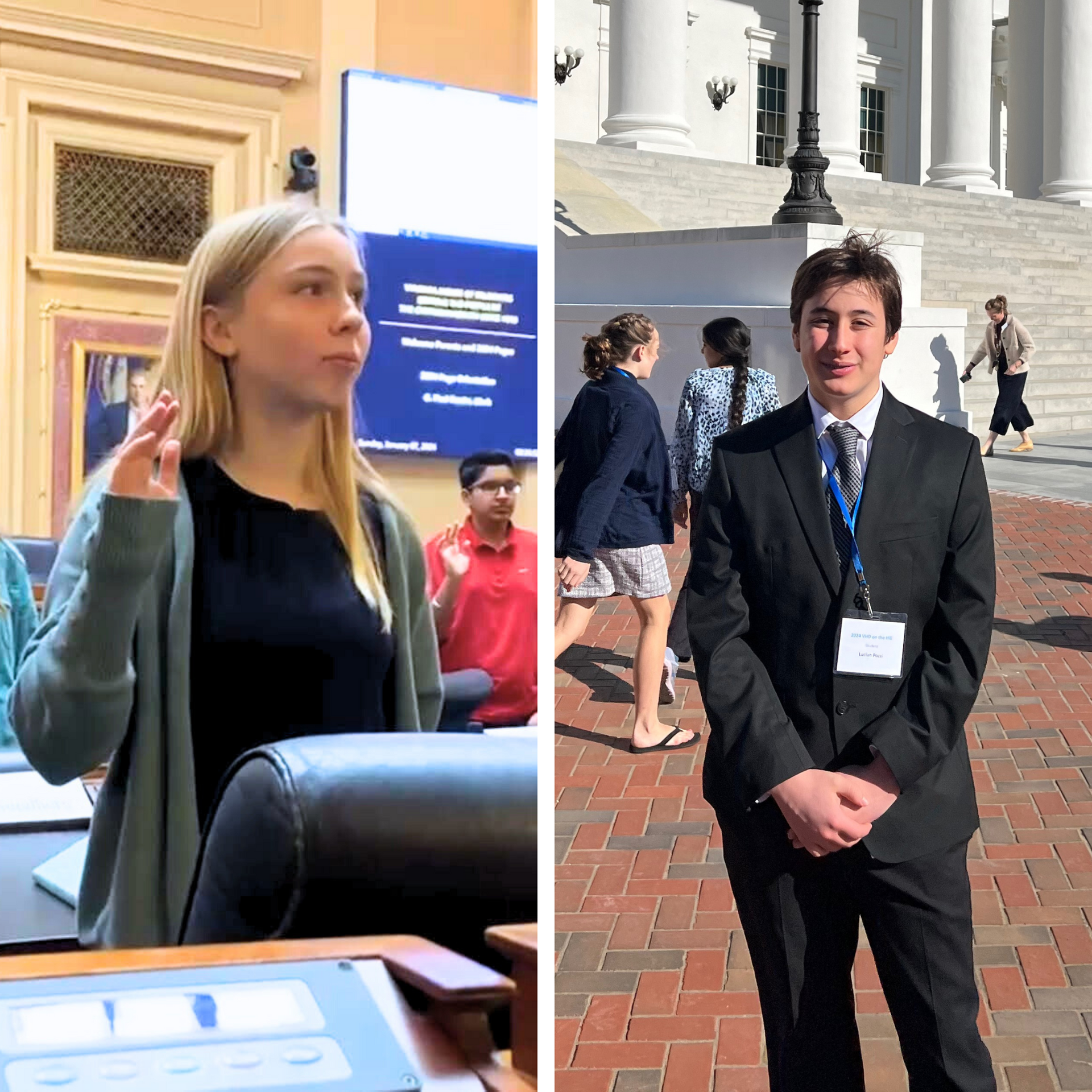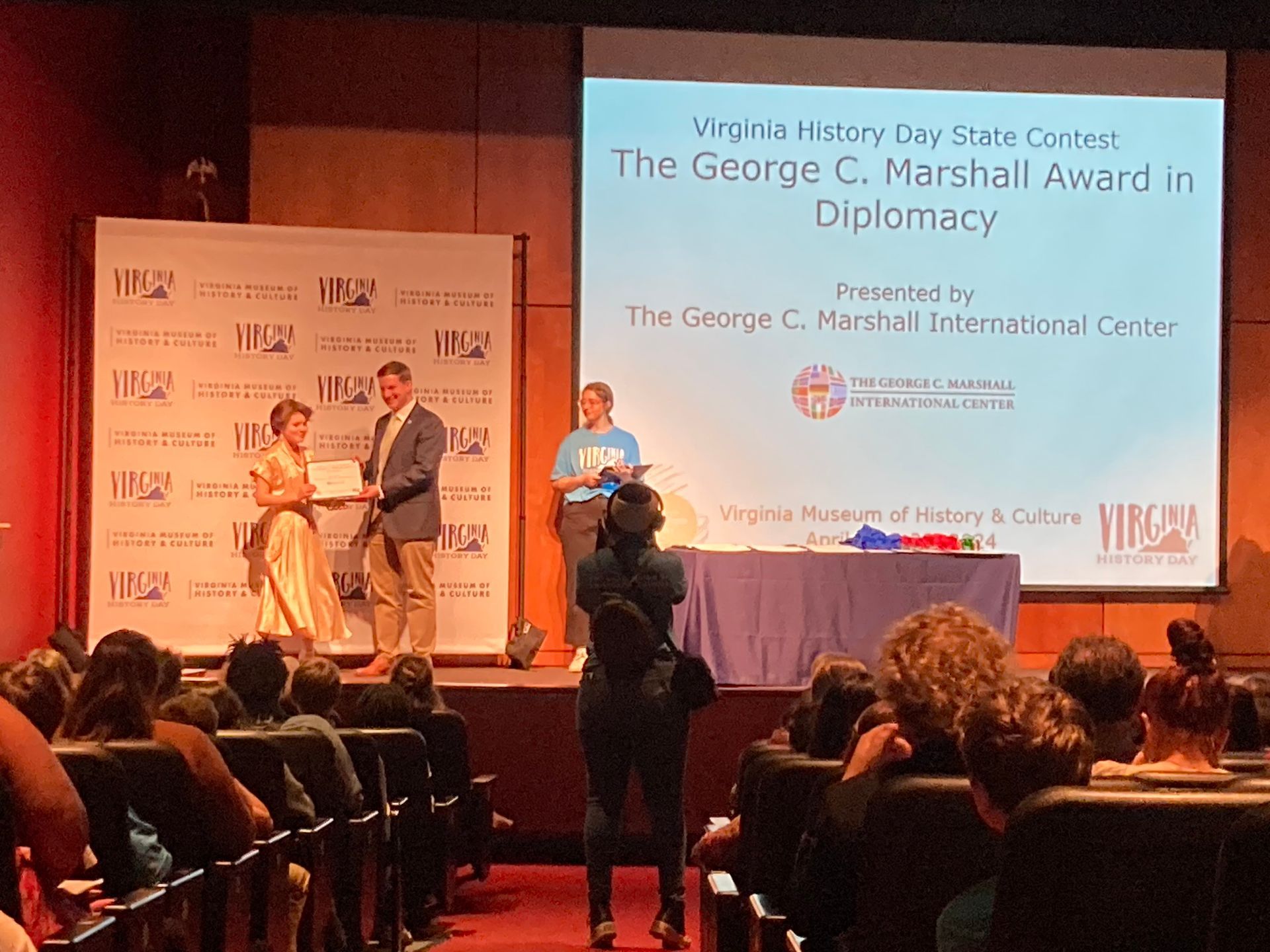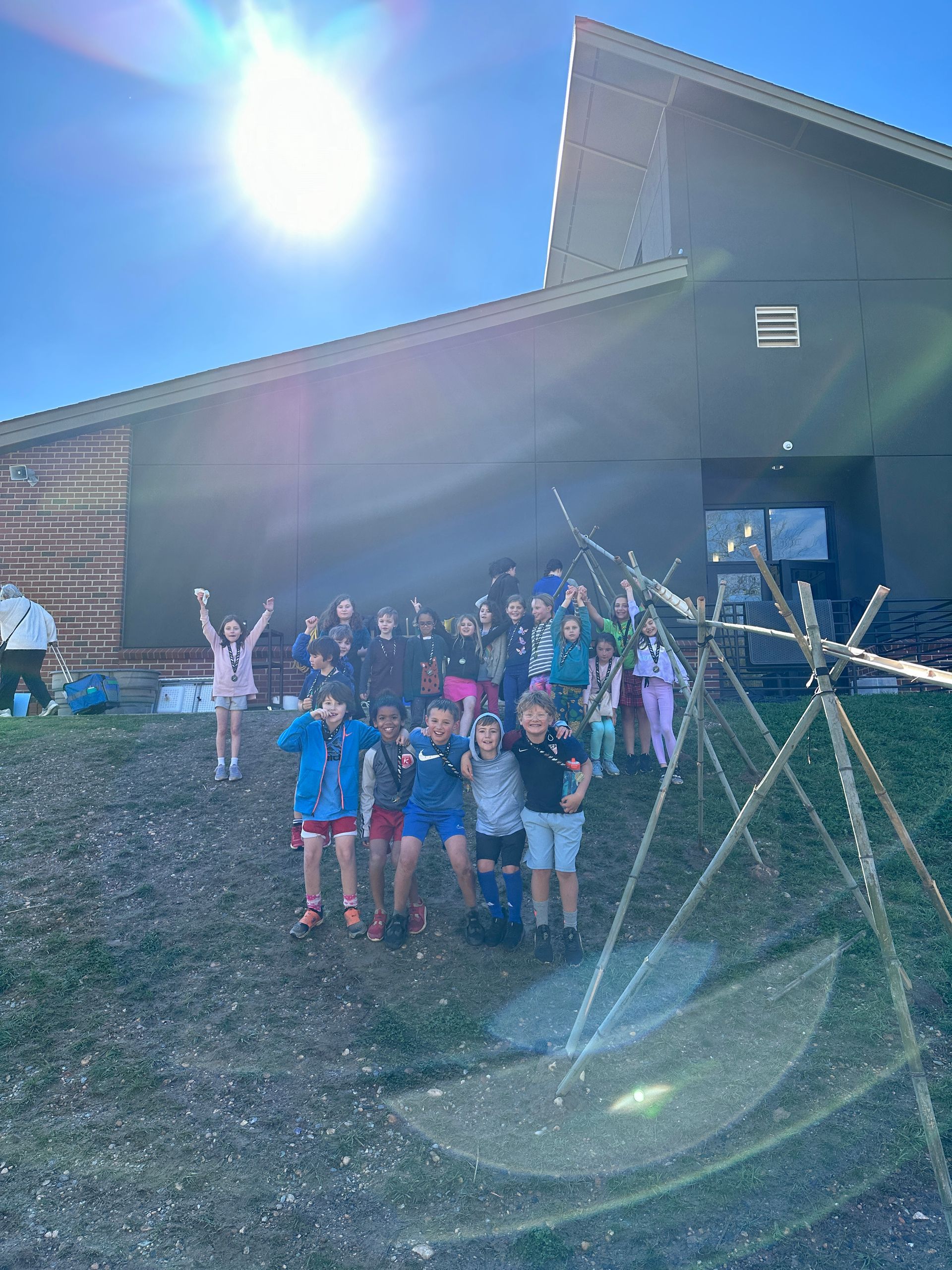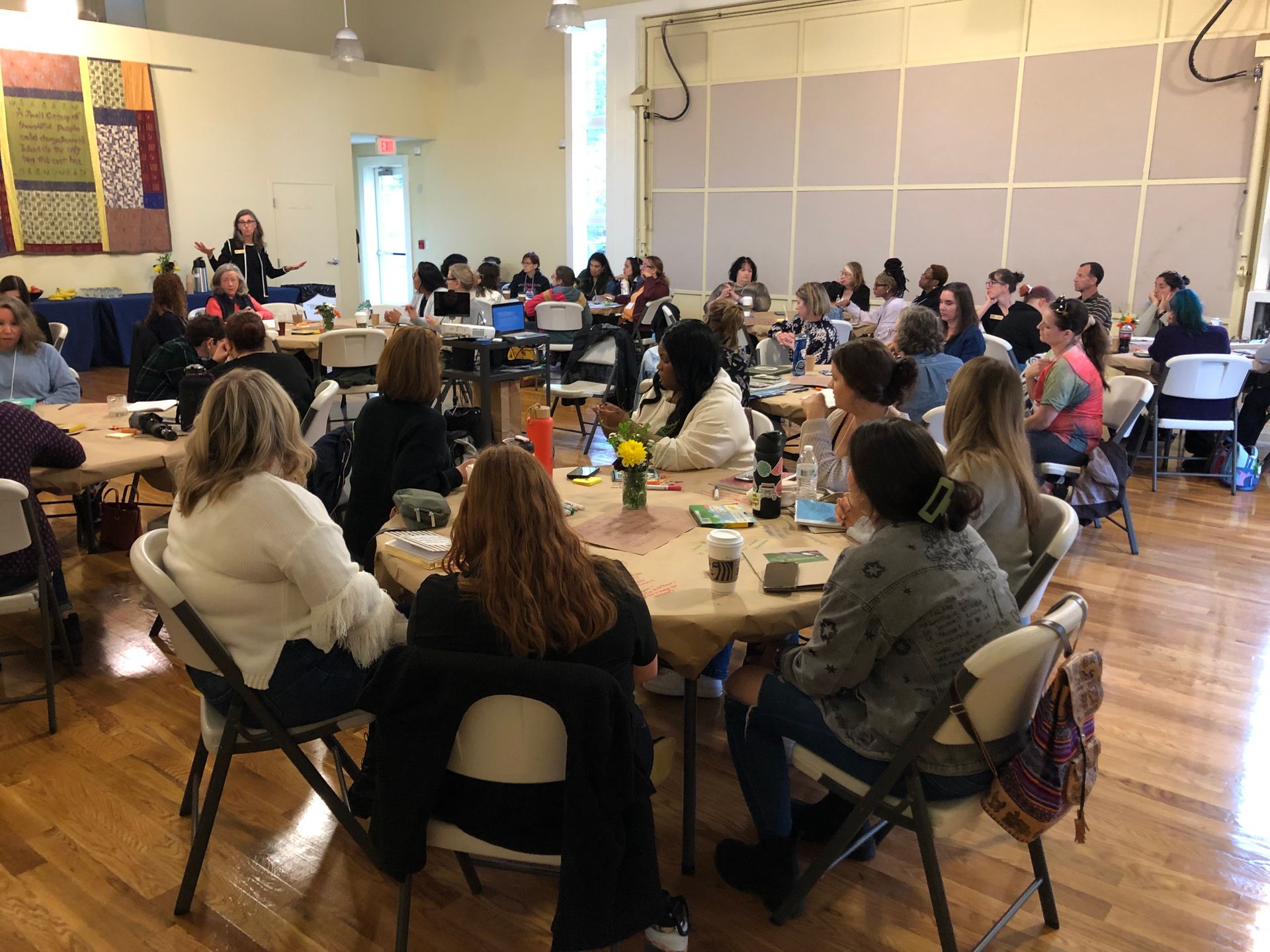Understanding Our Grief
By Ann Reavey, School Counselor

Image by Kenny, 4th grade
One way to understand and manage our current feelings is through the lens of grief. We are currently a global community grieving: Grieving the loss of movement and human interaction. Grieving the loss of important milestones, events, and plans. Grieving the mounting loss of lives.
I know that I have dipped into each of Elisabeth Kübler-Ross’ five stages of grief (denial, anger, bargaining, depression, and acceptance) multiple times in one day. Maybe in a single morning?
David Kessler, Kübler-Ross’ collaborator, was recently interviewed in Harvard Business Review on the pandemic and grieving. Kessler’s focus is on adults, but our children are experiencing this grief as well. They are mourning the things they have lost, and those they expect to lose: playdates, recess games, Reading Buddies, the 8th Grade Play, the extended day turtles, and so much more. Children grieve differently than adults but no less deeply.
Kessler’s description of anticipatory grief is powerful. Our anxiety about what the future holds activates our primitive brain so we feel under threat. As we know, our primitive brain is great at fight, flight, or freeze responses but not so great at creative problem-solving. So how do we handle our grief, especially our anticipatory grief?
Consider Kessler’s recommendations for healthy coping:
- Find balance in your thoughts. Thinking about a worst-case scenario? Then also think about a best-case scenario.
- Be in the moment. This could be meditation but it could be stepping outside to notice the air on your face for one minute. Or snuggling with your cat or dog. Or practicing a grounding exercise .
- Let go of what you can’t control . I know this is a tough one, but it is important. Think about what you are grieving and place them within a sphere of control . When we put our energy into things we cannot control, we get anxious and drained. Try to shift your focus to things that you can control or at least influence.
- Be compassionate. Be extra patient with others. Reach out in kindness to others. Fill someone’s bucket and it will fill your own!
- Emotions need motion . Name the feeling. Let yourself feel the feeling. As Kessler says, “If we allow the feelings to happen, they’ll happen in an orderly way, and it empowers us. Then we’re not victims.” Connect with others and express your feelings.
For children, use the Five Universal Needs of Children that I explored in my last post, Supportive Conversations with Your Child . Also consider Dr. Alan Wolfelt’s suggestions for supporting grieving children . Here are some of his guidelines:
- Explore your child’s questions rather than providing quick answers.
- Be patient and be available. This does not mean that you allow your child to interrupt your work! However, when you are with your child, be present and available.
- Use simple and direct language.
- Allow your child to express a full range of emotions.
- Be honest with your child. If an event is canceled, let them know. If someone is sick, let them know. If someone they care about dies, let them know.
Be patient with yourself and your family as we all move through these stages of grief. Allowing yourself to fully experience your emotions will keep them moving. It won’t always be comfortable but to quote David Kessler, “Let yourself feel the grief and keep going.”
The post Understanding Our Grief appeared first on Sabot at Stony Point.
SHARE THIS POST

















